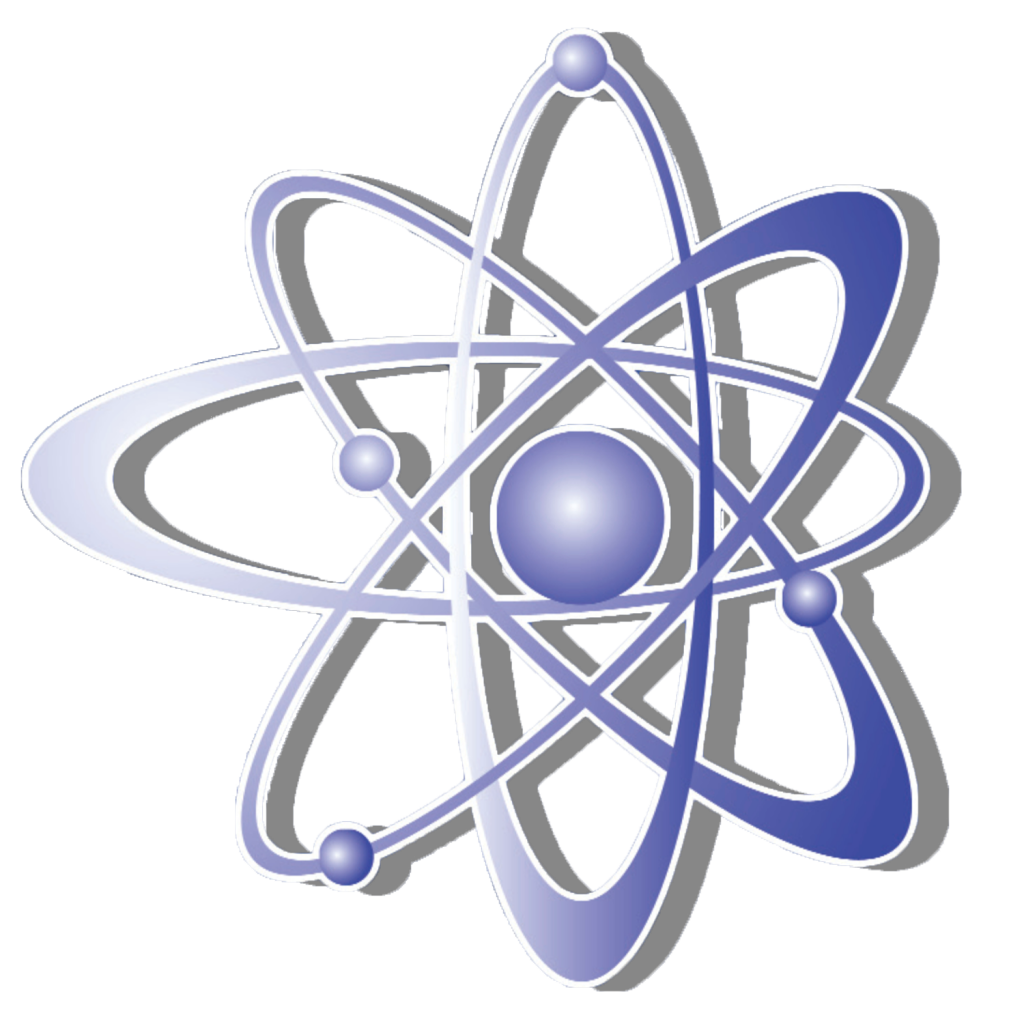 66 projects with the participation of Ukrainian scientists have been accepted for financing in the Horizon 2020 program of the European Union - their budget is about 12 million euros. This was announced by the Deputy Minister of Education and Science of Ukraine Maksym Strikha during the International scientific and practical conference "EUREKA in Ukraine".
66 projects with the participation of Ukrainian scientists have been accepted for financing in the Horizon 2020 program of the European Union - their budget is about 12 million euros. This was announced by the Deputy Minister of Education and Science of Ukraine Maksym Strikha during the International scientific and practical conference "EUREKA in Ukraine".
He emphasized that Ukraine's success rate in Horizon 2020 is almost 10%. This is a good result, especially considering that Ukraine has been participating in the program for only 2 years.
"The EU is one of the leaders in the development of innovations. We are working on qualitatively adopting effective European practices and implementing them in Ukrainian conditions. That is why it is very important for us to participate in European programs that contribute to the integration of Ukraine into innovation processes in Europe, in particular, Horizon-2020, EUREKA, COST", - noted Maksym Strikha.
Ukraine has been a member of EUREKA for about 10 years. This program allows scientists from different European countries to join together to carry out projects that cannot be carried out independently in a single country. Thus, a whole network of industrial research and development was created within EUREKA, within which our country implemented 34 projects.
"If you have a good idea, but you need additional resources, such as knowledge, technology, means of production, sales markets, EUREKA can help you find partners with the appropriate resources and make deals. The main areas of cooperation in this program are medical and biotechnology, IT, energy, communication, transport, environment and others. To date, Ukraine has implemented projects in almost all of these areas," explained Viktor Shovkalyuk, head of the Department of Innovation and Technology Transfer of the Ministry of Education and Culture.
He also noted that the Ministry of Education and Culture is currently focusing on creating a favorable legal and institutional climate in Ukraine for the implementation of innovations. First of all, it is about the successful implementation of innovative projects, in particular, those created within the framework of international programs, and better commercialization of scientific results.
Thus, specialists of the Ministry of Education and Culture, together with scientists, representatives of business and public organizations, developed a project of systemic support and development of innovative activities. Currently, it is implemented through a number of draft legislative acts, which have either been adopted already in the first reading, or have been approved by the Government Committee of the Cabinet of Ministers.
For example, amendments to the law "On state regulation of activities in the field of technology transfer" provide for subsidies for high-tech production projects created by domestic industrial enterprises with the participation of domestic scientific institutions or universities.



